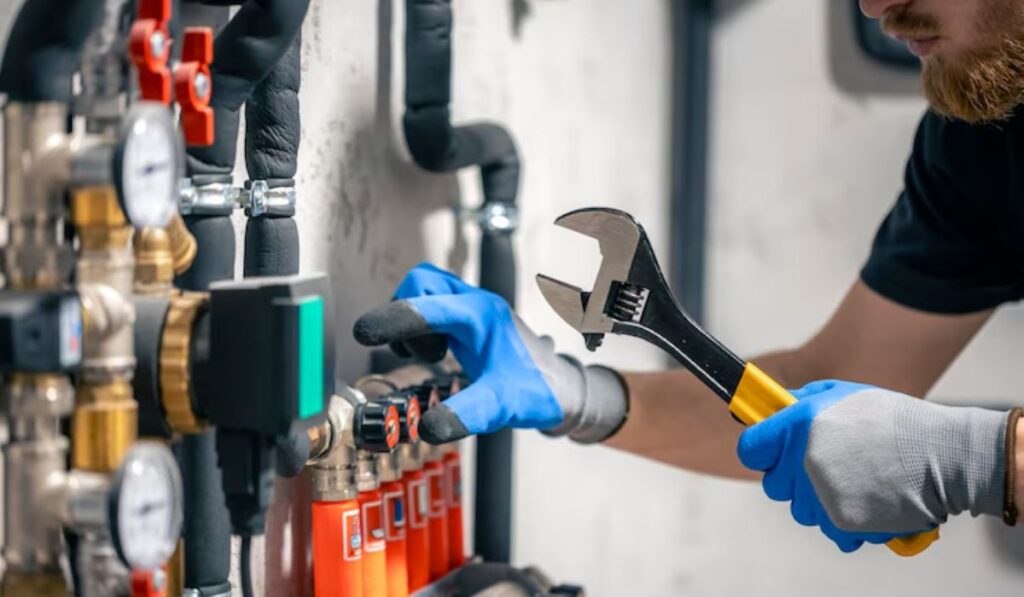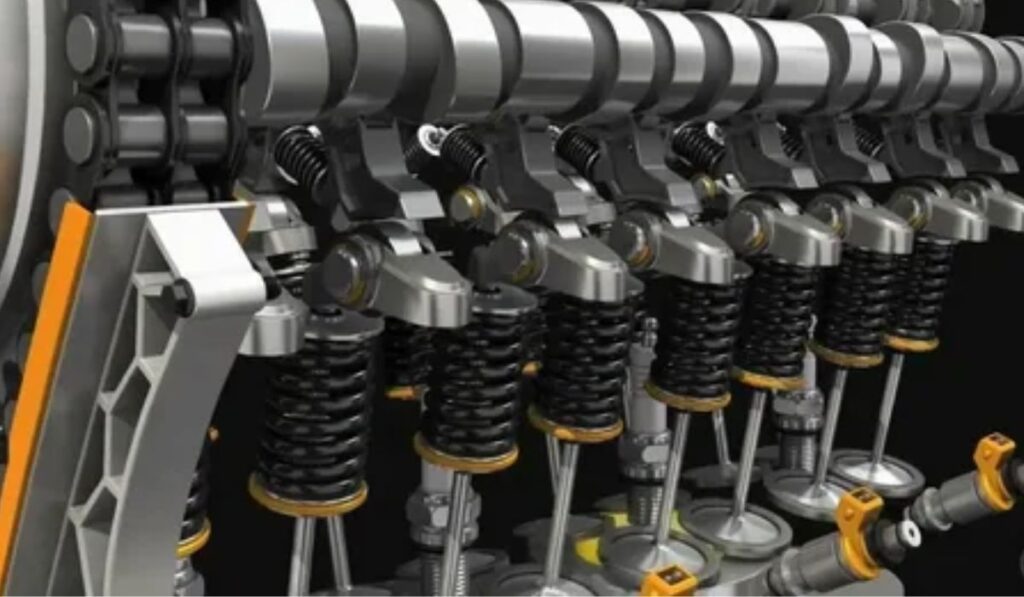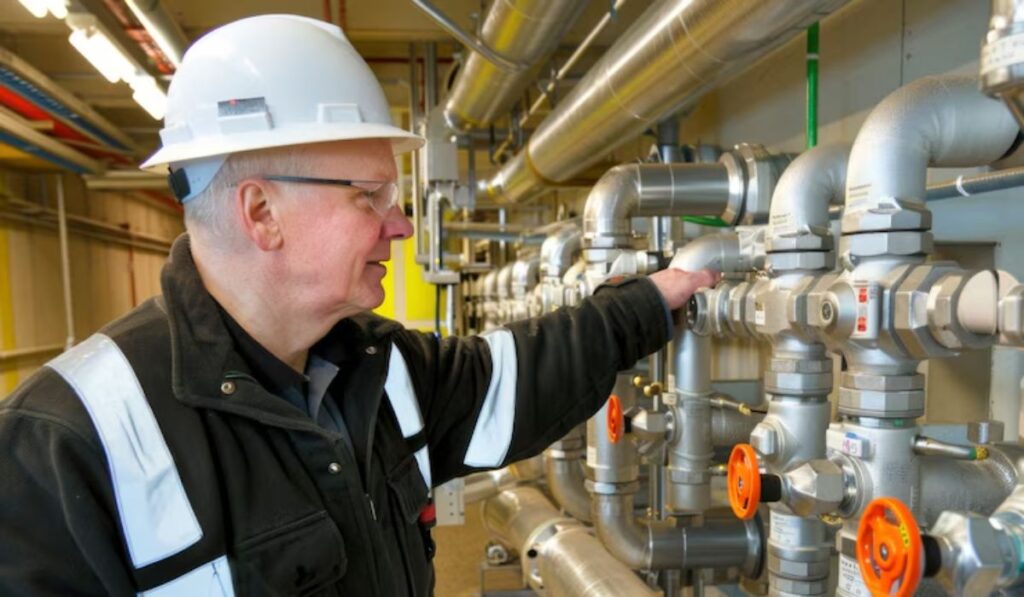In manufacturing and industrial settings, equipment performance and operation efficiency are primarily based on the health of control systems. One of such key elements is the control valve system. Under high stress, temperature, and pressure at times, control valves control fluid flow and are crucial for safe and efficient plant operation. Nevertheless, these valves are subject to wear and tear because of prolonged use and exposure to the environment. This is where timely Control Valve System Repair comes into play—not only for sustaining functionality but also for significantly increasing your equipment’s lifespan.

Knowing the Significance of Control Valve Systems
Control valve systems are engineered to modulate pressures, temperatures, liquid levels, and fluid flows in response to a controller signal. They represent the core of process automation systems in various applications, including oil and gas, power generation, water treatment, and pharmaceuticals. When a control valve fails or becomes inefficient, it can jeopardize entire processes of production, resulting in downtime, higher operation costs, and endangering safety.
Signs Your Control Valve Requires Repair
Early warning signs of control valve failure are crucial to preventing more significant issues. These can include:
- Abnormal flow or pressure shifts
- Strange noise or vibration upon valve operation
- Leaks around the actuator or valve body
- Heavy or slow valve movement
- Higher energy usage
If any of these symptoms are present, it is time to address Control Valve System Repair to prevent long-term damage or complete system failure.
How Equipment Longevity is Affected by Control Valve System Repair
Avoids Unscheduled Downtime
Periodic checks and prompt repairs ensure minor problems are repaired before causing large-scale failures. Preventative maintenance through Control Valve System Repair avoids sudden breakdowns, keeping your equipment operating smoothly with minimal disruption.
Increases Operational Efficiency
A malfunctioning valve can lead to inefficient process control, wasting energy and resources. Repairing it restores its original performance, which helps maintain process accuracy, reduces operational strain, and improves overall productivity.
Protects Other System Components
If a control valve is not functioning correctly, it will cause excessive strain on other equipment within the system—such as pumps, actuators, or sensors. Conducting Control Valve System Repair maintains balance within the system and guards related equipment from wear and tear.
Prolongs Equipment Life
Just as routine oil changes prolong the lifespan of your automobile engine, preventive valve repair can help lengthen the lifespan of your industrial equipment considerably. Calibration, sealing, and replacing parts guarantee that valves and related machinery continue to perform satisfactorily in the long run.
Saves Money in the Long Term
Although repairs have an associated cost, they are significantly less than changing an entire control system or losing money due to downtime. An investment in periodic Control Valve System Repair is an economical approach towards long-term asset management.

Conclusion
In industrial processes, where efficiency, safety, and cost control are essential, your control valve systems should never be disregarded. Early detection, scheduled maintenance, and professional Control Valve System Repair can be the difference between the world and a world of trouble when it comes to prolonging the life of your equipment. It enhances reliability and performance and guarantees your plant operates at its optimum capacity with minimal risk and maximum efficiency.



